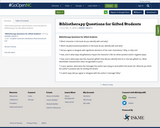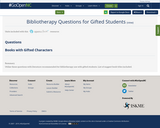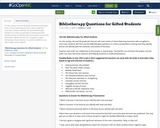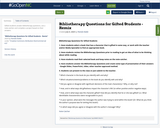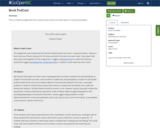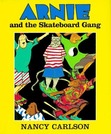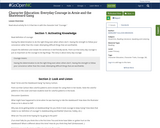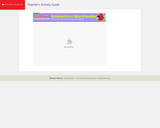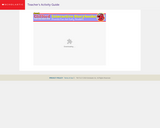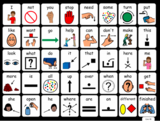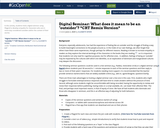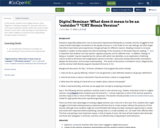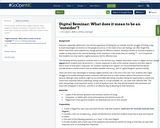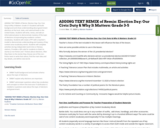
ADDING TEXT REMIX of Remix: Election Day: Our Civic Duty & Why It Matters: Grade 3-5
Students will build background and show understanding about government elections at the local, state, and national levels in the United States.
Students will write, revise, and edit an informational piece to demonstrate mastery of the topic of elections incorporating key academic content vocabulary.
Students will create a PPT with a teacher's model to demonstrate understanding and mastery of key content area vocabulary words.
Students will complete activities during independent work time or literacy stations. Provides a QR code for students to listen to stories (2 non-fiction and 1 fiction) about elections. After they listen to the stories they choose one of the non-fiction texts to write facts about, find the main idea and key details, and define new words
- Subject:
- American History
- Civics and Economics
- Composition and Rhetoric
- English Language Arts
- English as a Second Language
- Exceptional Children
- Language, Grammar and Vocabulary
- Reading Foundation Skills
- Reading Informational Text
- Social Studies
- Speaking and Listening
- Material Type:
- Homework/Assignment
- Lesson
- Presentation
- Vocabulary
- Date Added:
- 11/12/2020

